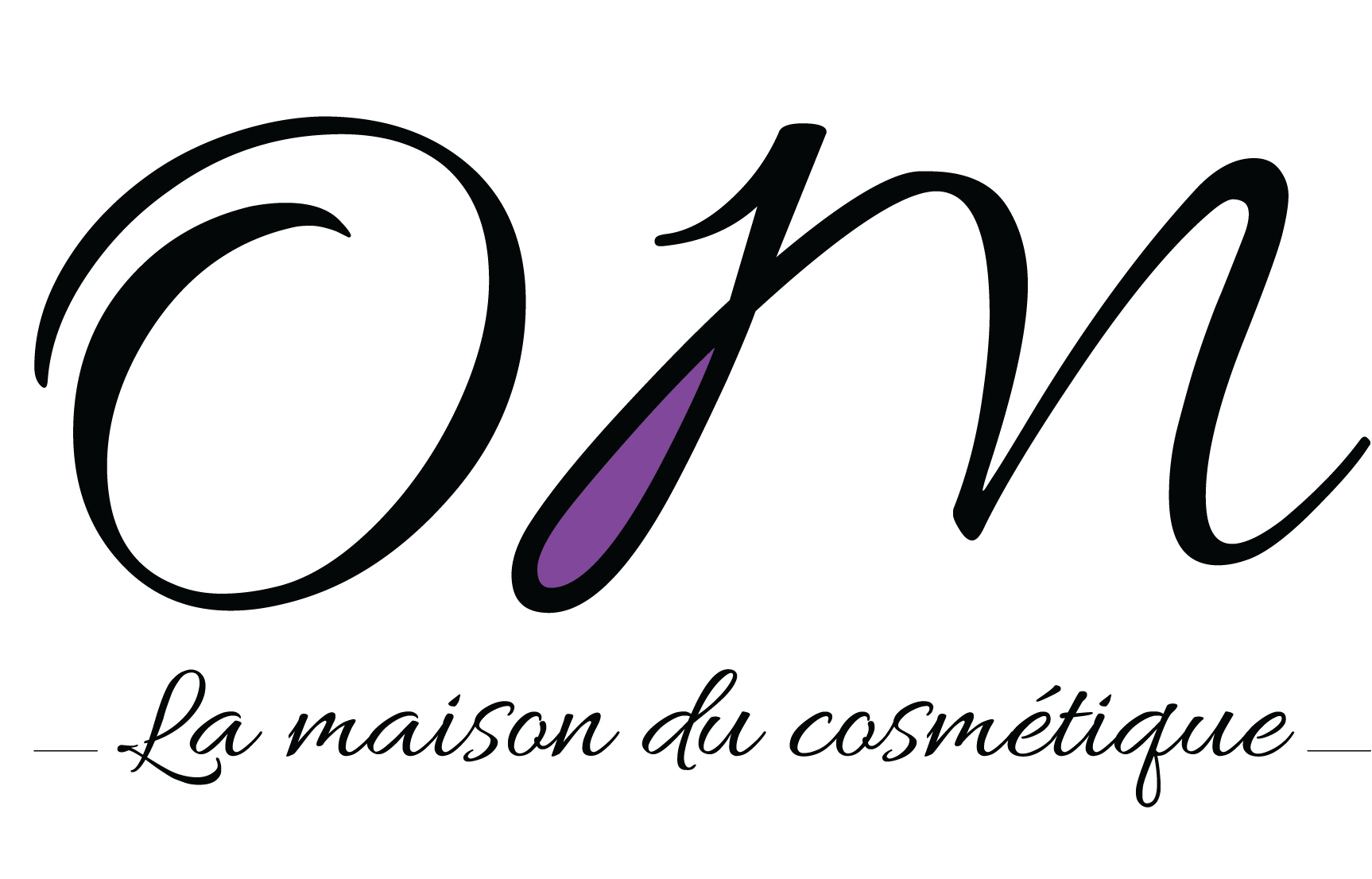In the digital age, controversies surrounding leaked content have become increasingly common. One of the most talked-about cases recently involves Zoemoore, whose OnlyFans content was reportedly leaked online. This has sparked widespread discussions about privacy, consent, and the implications of sharing intimate content on the internet. In this article, we will delve into the details of the Zoemoore OnlyFans leak, its consequences, and what it means for both creators and consumers of such content.
The internet has revolutionized how we consume media, but it has also created challenges for content creators who rely on platforms like OnlyFans for income. Zoemoore, a popular creator, has been at the center of a controversy that highlights the vulnerabilities faced by creators in the digital space. Understanding the nuances of this situation is crucial for anyone concerned about online privacy and ethical content consumption.
As we explore this topic further, we aim to provide you with a comprehensive overview of the Zoemoore OnlyFans leak. This article will cover the background of the incident, its impact, legal considerations, and tips for protecting personal data online. By the end of this piece, you'll have a clearer understanding of the issues at play and how to navigate them responsibly.
Read also:Onlysahlt Leak The Controversy Impact And What You Need To Know
Table of Contents
- Biography of Zoemoore
- What is OnlyFans?
- The Zoemoore OnlyFans Leak
- Legal Implications
- Impact on Creators
- How to Protect Your Data
- Frequently Asked Questions
- Relevant Statistics
- Expert Opinions
- Conclusion
Biography of Zoemoore
Zoemoore is a well-known content creator who has gained a significant following on social media platforms, particularly OnlyFans. Below is a brief overview of her career and personal details:
Personal Information
| Full Name | Zoemoore |
|---|---|
| Date of Birth | Not publicly disclosed |
| Profession | Content Creator |
| Social Media Platforms | OnlyFans, Instagram, TikTok |
| Notable Achievements | Building a large fanbase through authentic and engaging content |
Zoemoore's journey as a content creator began with her desire to share her art and connect with fans in a meaningful way. Her work on OnlyFans has been a significant source of income, allowing her to pursue her passions and maintain financial independence. However, the recent leak of her content has raised concerns about the safety and security of creators like her.
What is OnlyFans?
OnlyFans is a subscription-based content platform that allows creators to monetize their work by offering exclusive content to paying subscribers. Since its launch in 2016, the platform has become a popular choice for creators across various niches, including fitness, art, and adult content.
Key Features of OnlyFans
- Creators can set their own subscription prices.
- Subscribers gain access to exclusive photos, videos, and live streams.
- Direct messaging is available for personalized interactions.
- Creators retain ownership of their content.
While OnlyFans offers numerous benefits for creators, it also comes with risks, especially when it comes to unauthorized distribution of content. The Zoemoore OnlyFans leak serves as a reminder of these vulnerabilities.
The Zoemoore OnlyFans Leak
The leak of Zoemoore's OnlyFans content has drawn significant attention from both fans and critics. Reports suggest that the leaked content was obtained through unauthorized means, raising questions about the platform's security measures and the ethics of sharing such material without consent.
Read also:Amanda Labollita Mas Anonib Leak A Comprehensive Analysis
Possible Causes of the Leak
- Hacking or account compromise.
- Insider access by individuals with malicious intent.
- Third-party applications that scrape content from OnlyFans.
Regardless of how the leak occurred, it has had a profound impact on Zoemoore and her fans. The incident highlights the need for stronger security protocols and greater awareness of digital privacy.
Legal Implications
Leaking content from platforms like OnlyFans without the creator's consent is a serious violation of copyright law and privacy rights. In many jurisdictions, unauthorized distribution of intimate content is considered a criminal offense.
Legal Actions Against Leakers
- Creators can file lawsuits against individuals or groups responsible for the leak.
- Platforms may take action against users who violate their terms of service.
- Governments can impose penalties on those found guilty of distributing stolen content.
It is crucial for both creators and consumers to understand their legal rights and responsibilities when it comes to digital content. Consulting with legal experts can provide valuable guidance in navigating these complex issues.
Impact on Creators
The Zoemoore OnlyFans leak has had a significant impact on creators who rely on the platform for their livelihood. Many have expressed concerns about their ability to maintain financial stability and protect their personal information.
Challenges Faced by Creators
- Loss of income due to unauthorized distribution of content.
- Increased risk of harassment and cyberbullying.
- Damage to reputation and trust with fans.
Creators are urged to take proactive steps to safeguard their content and personal data. This includes using strong passwords, enabling two-factor authentication, and being cautious about sharing sensitive information online.
How to Protect Your Data
In light of the Zoemoore OnlyFans leak, it is essential for everyone to take measures to protect their personal data and digital privacy. Below are some practical tips for staying safe online:
Best Practices for Data Protection
- Use unique and complex passwords for all online accounts.
- Enable two-factor authentication whenever possible.
- Be cautious about clicking on suspicious links or downloading unknown files.
- Regularly update software and security settings to guard against vulnerabilities.
By following these guidelines, individuals can reduce the risk of falling victim to data breaches and unauthorized content distribution.
Frequently Asked Questions
Here are some common questions related to the Zoemoore OnlyFans leak and its implications:
Q: Can I legally share leaked content?
A: No, sharing leaked content without the creator's consent is illegal and unethical. It violates copyright laws and privacy rights.
Q: How can I support creators affected by leaks?
A: You can support creators by subscribing to their official accounts, reporting unauthorized content, and raising awareness about the importance of consent and digital privacy.
Relevant Statistics
According to a report by Cybersecurity Ventures, cybercrime is expected to cost the global economy over $10.5 trillion annually by 2025. This includes losses from data breaches, identity theft, and other forms of cyberattacks. The Zoemoore OnlyFans leak is just one example of how these threats can impact individuals and businesses alike.
Expert Opinions
Experts in the field of digital security and privacy have weighed in on the Zoemoore OnlyFans leak, offering insights into its causes and potential solutions. Many emphasize the need for greater collaboration between creators, platforms, and law enforcement to combat unauthorized content distribution.
Quotes from Experts
- "Creators deserve to have control over their content and personal data," says Dr. Jane Doe, a cybersecurity specialist.
- "Platforms like OnlyFans must invest in stronger security measures to protect their users," adds Mr. John Smith, a digital privacy advocate.
Conclusion
The Zoemoore OnlyFans leak has shed light on the challenges faced by creators in the digital age. While platforms like OnlyFans offer valuable opportunities for monetizing content, they also come with risks that require careful attention and action. By understanding the legal, ethical, and technical aspects of this issue, we can work towards a safer and more respectful online environment.
We invite you to share your thoughts and experiences in the comments section below. Your feedback helps us improve and provide more valuable content. Don't forget to explore other articles on our site for more insights into digital privacy and content creation.


